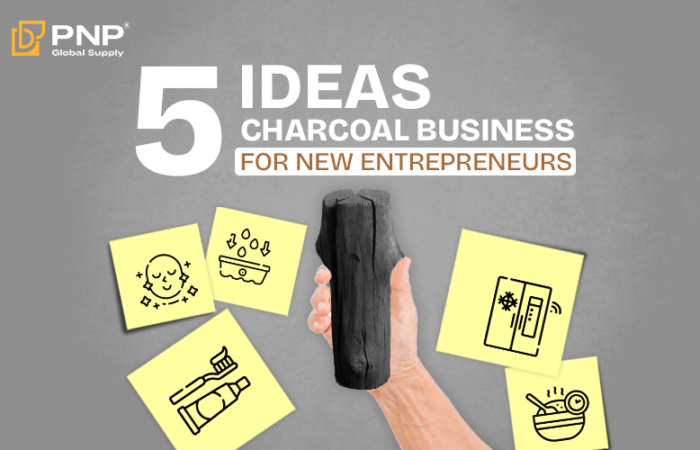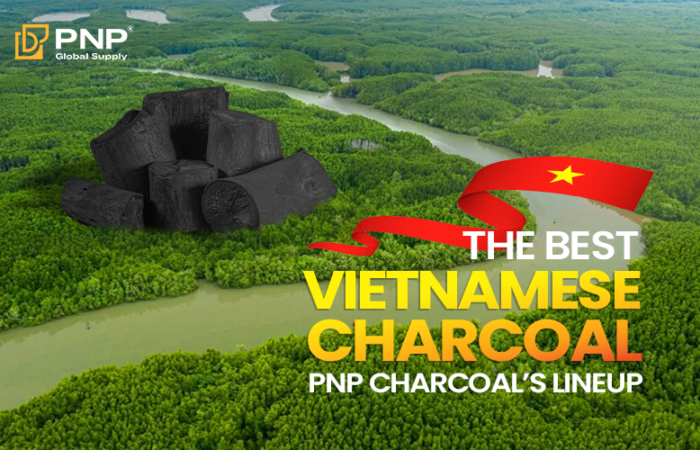When it comes to grilling or professional charcoal production, selecting the best wood to make charcoal is a critical decision. The type of wood directly affects the heat level, burn time, aroma, and overall quality of the charcoal you produce. Whether you are a home BBQ lover or one of the many professional charcoal manufacturers, understanding which wood provides the best results will help you create superior products and an exceptional grilling experience. This guide explores the most popular woods used to make wood charcoal, their unique advantages, and the performance you can expect from each type.
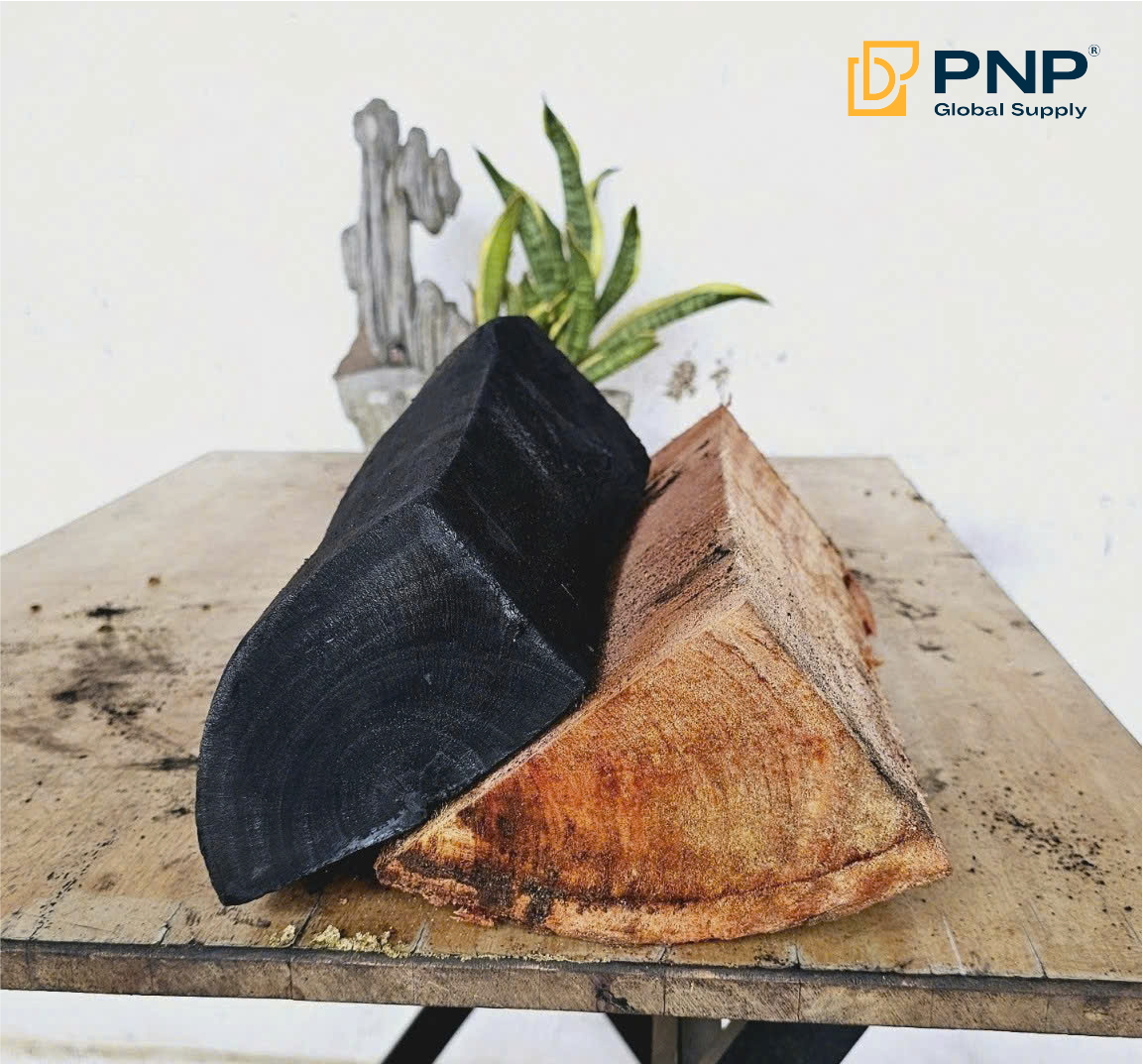
Why the Right Wood Matters in Charcoal Production
The process to make charcoal from wood may appear simple—burning wood in a low-oxygen environment until it carbonizes—but the choice of wood changes everything. Hardwood species usually produce dense, long-burning lumpwood charcoal, while softer woods create lighter charcoal with shorter burn times. The right wood can:
- Provide stable, high heat for perfectly grilled dishes.
- Deliver a clean burn with minimal smoke or ash.
- Offer distinctive aromas that enhance flavor.
- Ensure efficiency for commercial charcoal manufacturers who need consistent quality and performance.
Whether you aim to create artisanal mangrove wood charcoal for export or traditional charcoal for home cooking, your wood selection is the foundation of success.
Top Wood Types for High-Quality Charcoal
Below are the most reliable options when choosing the best wood to make charcoal, including their unique characteristics and efficiency.
Mangrove Wood
One of the most sought-after choices for make wood charcoal is mangrove wood. Mangrove wood charcoal is famous for its high calorific value and exceptional heat retention. It burns with a steady, intense flame that lasts for hours, making it perfect for professional BBQ restaurants and long grilling sessions.
Advantages:
- Consistently high heat output.
- Long burn time, reducing the need for frequent refueling.
- Low moisture content, ensuring quick ignition.
For exporters and charcoal manufacturers, mangrove wood is a top contender due to its reliable performance and demand in international markets.
Eucalyptus
Eucalyptus is a fast-growing hardwood that has become a favorite among producers who make charcoal from wood for both local and global use. Eucalyptus charcoal is valued for its even heat and moderate smoke, offering a balanced grilling experience.
Advantages:
- Eco-friendly and sustainable growth.
- Clean, consistent burning suitable for indoor or outdoor BBQ.
- Readily available, helping charcoal manufacturers maintain steady supply.
This wood is ideal for households and commercial kitchens that prioritize sustainability without compromising heat quality.
Longan
Longan is a dense tropical hardwood perfect for producing premium lumpwood charcoal. When carbonized, it delivers extremely high heat and a mild fruity aroma that enhances grilled meat, seafood, and vegetables.
Advantages:
- Strong, stable heat perfect for professional chefs.
- Subtle sweet fragrance adds depth of flavor to food.
- Low ash production for a cleaner grilling surface.
Those who make wood charcoal for fine dining establishments often prefer Longan for its balance of flavor and performance.
Kaya
Known for its durability, kaya wood makes charcoal with steady heat and minimal smoke. The resulting lumpwood charcoal has a smooth, long-lasting burn, making it an excellent option for high-volume grilling.
Advantages:
- Long burn time with consistent temperature.
- Low ash residue for easy cleanup.
- Suitable for both traditional and modern BBQ setups.
For charcoal manufacturers, Rain Tree offers the advantage of reliability and a consistent carbon content, critical for large-scale production.
Coffee Wood
Coffee wood is increasingly popular among premium charcoal manufacturers because it creates charcoal that combines rich aroma with exceptional heat retention. Coffee wood charcoal is dense and burns slowly, making it a luxurious choice for BBQ enthusiasts.
Advantages:
- Distinctive coffee fragrance that infuses grilled dishes.
- High calorific value and extended burning period.
- Attractive to markets seeking unique, gourmet charcoal products.
If you aim to make charcoal from wood that stands out in flavor and performance, coffee wood is an outstanding choice.
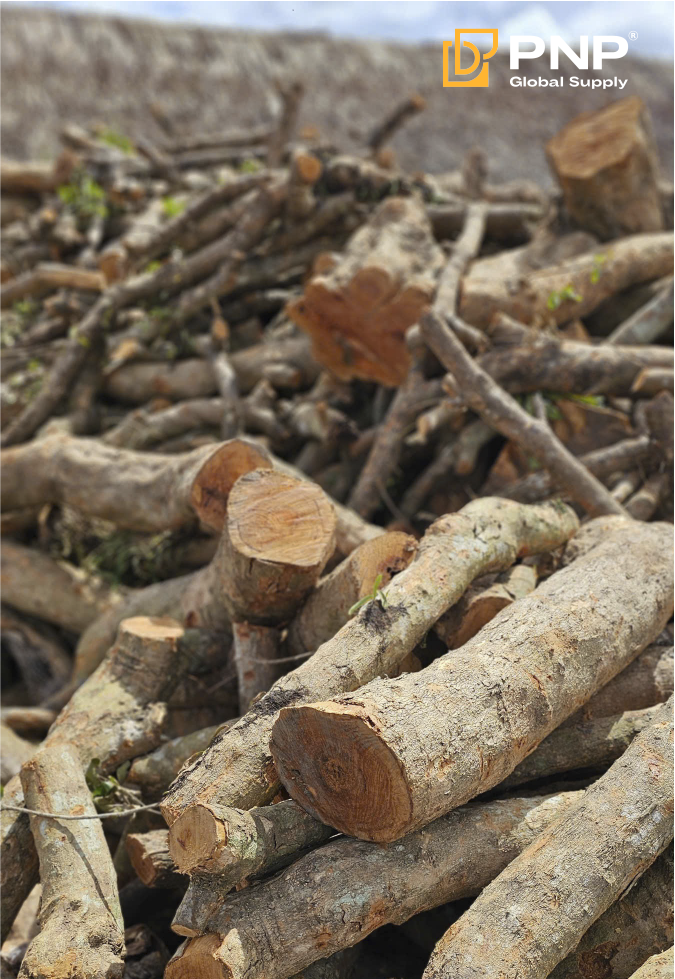
Performance Comparison of Key Woods
When comparing the performance of different woods for charcoal production, each type offers distinct strengths. Mangrove charcoal delivers very long burn time and high heat with a neutral aroma, making it ideal for professional BBQ settings and export markets. Eucalyptus provides a long burn and medium heat with a mild scent, fitting well for household or commercial BBQ use. Longan stands out with a very long burn, exceptionally high heat, and a subtle fruity sweetness that suits premium restaurants and gourmet grilling. Kaya charcoal offers a long burn duration, high heat, and a neutral aroma, perfect for large-scale grilling operations. Coffee wood combines a very long burn and high heat with a rich, coffee-like fragrance, making it a favorite for gourmet BBQ and specialty markets.
This comparison helps both home cooks and professional charcoal manufacturers choose the most suitable wood depending on desired heat intensity, aroma, and sustainability goals.
How to Make Wood Charcoal Effectively
Even with the best wood to make charcoal, technique matters. Traditional earth kilns or modern carbonization chambers can be used to make wood charcoal. Key tips include:
- Proper Drying: Ensure wood moisture is under 20% for efficient carbonization.
- Controlled Oxygen: Limit oxygen during burning to achieve a pure, carbon-rich product.
- Gradual Cooling: Allow charcoal to cool slowly to retain structural integrity.
By mastering these steps, anyone can reliably make charcoal from wood that meets high performance standards.
Curious about homemade charcoal? Discover straightforward steps and essential equipment in How to Make Charcoal at Home: The Ultimate DIY Guide
Sustainability and Working with Charcoal Manufacturers
Responsible sourcing is essential for long-term success. Partnering with certified charcoal manufacturers ensures that wood is harvested from managed forests and replanting programs. Sustainable practices protect natural ecosystems while providing consistent supply of lumpwood charcoal and mangrove wood charcoal for the global market.
Look for manufacturers who:
- Follow ethical forestry standards.
- Offer transparent quality testing.
- Provide export documentation for international trade.
Where to Buy Premium Charcoal
Consumers seeking authentic, high-performance charcoal should work with reputable suppliers. When purchasing lumpwood charcoal or specialty products like mangrove wood charcoal, check for:
- Consistent piece size and density.
- Low ash and moisture content.
- Clear labeling of wood type and origin.
Trusted charcoal manufacturers often provide samples or detailed specifications to guarantee quality before bulk orders.
PNP Charcoal offers premium-quality charcoal with verified origin, visit our website at PNP Charcoal to explore and order today.
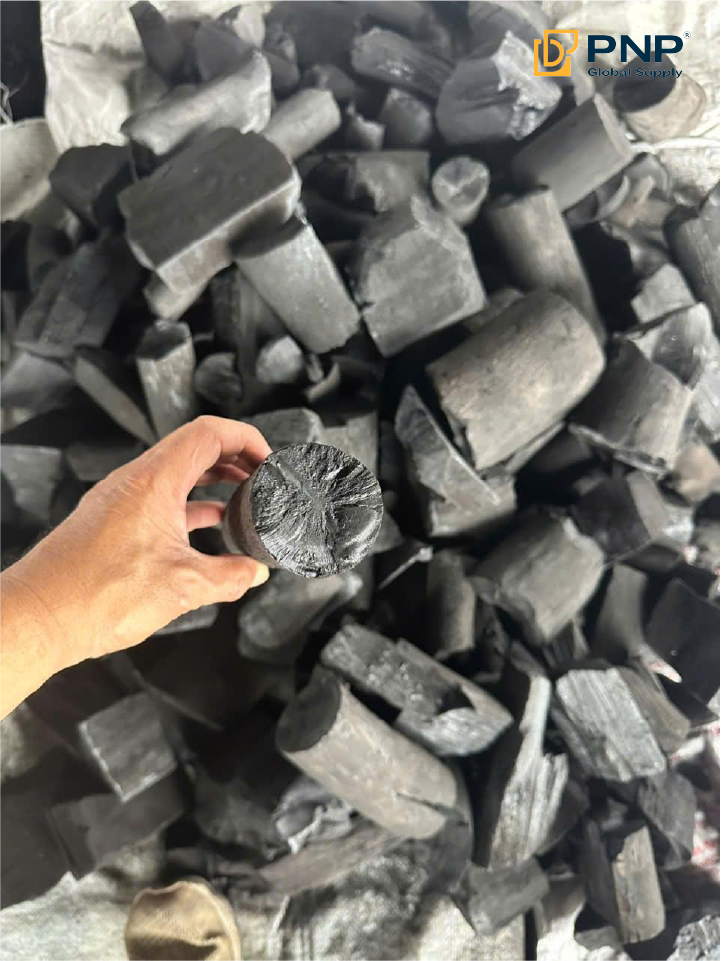
Conclusion
Choosing the best wood to make charcoal is the key to producing premium fuel for grilling, cooking, or commercial sales. Woods such as mangrove, eucalyptus, longan, Xà Cừ, and coffee each offer distinct advantages in burn time, heat output, and aroma. Whether you want to make wood charcoal at home or partner with experienced charcoal manufacturers, selecting the right wood will ensure consistent, top-quality results.
For anyone looking to make charcoal from wood, remember that the journey begins with responsible sourcing and careful carbonization. By focusing on quality hardwoods and sustainable practices, you can create lumpwood charcoal that satisfies both professional chefs and BBQ enthusiasts worldwide.
________________________________
Contact us for more information
Facebook: PNP Charcoal
Instagram: PNP Charcoal
Email: info@pnpglobalsupply.com

